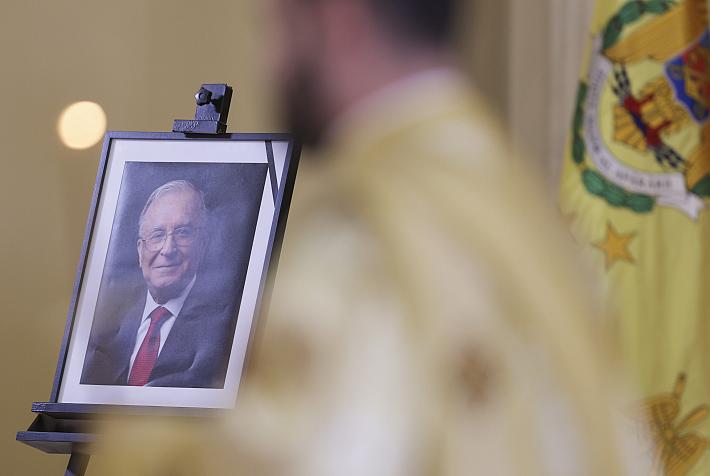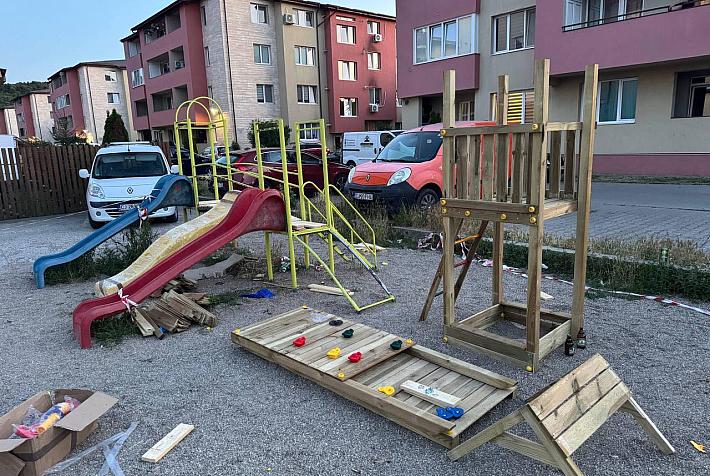Romania's labor minister defends Govt.’s wage policy amid controversies

The controversies related to the new public wage law and the fiscal changes continue despite the labor minister’s tries to defend the Government’s policies.
Tens of thousands of public sector employees complain that their salaries declined in January this year despite the ruling coalition’s promises that wages would increase. Close to two million employees in the private sector also have lower salaries after the social contributions were transferred from employers to employees.
However, labor minister Lia Olguta Vasilescu said on Tuesday that employees should first wait to get their payslips to see if their salaries really went down.
In a press conference on Tuesday, the labor minister tried to defend the measures included in her public wage law. She explained that all employees in the public sector benefitted from 25% increases in their gross wages starting January 1, 2018, except some 3-4% of the public employees whose salaries were adjusted to correct the payment imbalances in the system.
She emphasized that the Romanian president’s salary went down in January this year and all the salaries that were higher than the president’s were also adjusted as no one in the public sector should make more than the president.
“I don’t love (president) Iohannis, but I believe that a fair system should have him on top of the wage pyramid,” Vasilescu said.
She added that these salary adjustments were known since May 2017.
The president of the National Union Block – BNS, one of the biggest union confederations in Romania, estimates that some 30,000 to 50,000 employees in the public sector are affected by wage declines while the leader of the Public Clerks Union says 22,000 clerks were affected. The unions prepare collective lawsuits and street protests.
Meanwhile, the labor minister says that the public pay law adopted last year aims to correct the inequities in the public sector and that by 2023 the system should be fully balanced. By then, low salaries will increase while high salaries will stagnate, she added.
She didn’t talk about the situation in the private sector, where up to 2 million employees may get lower net salaries after the social contributions were transferred from employers to employees and the companies they work for haven’t increase the gross wages to compensate for this measure.
Romanian MPs get higher salaries while many employees see lower wages in Jan.
editor@romania-insider.com
(photo source: Ministerul Muncii și Justiției Sociale on Facebook)











